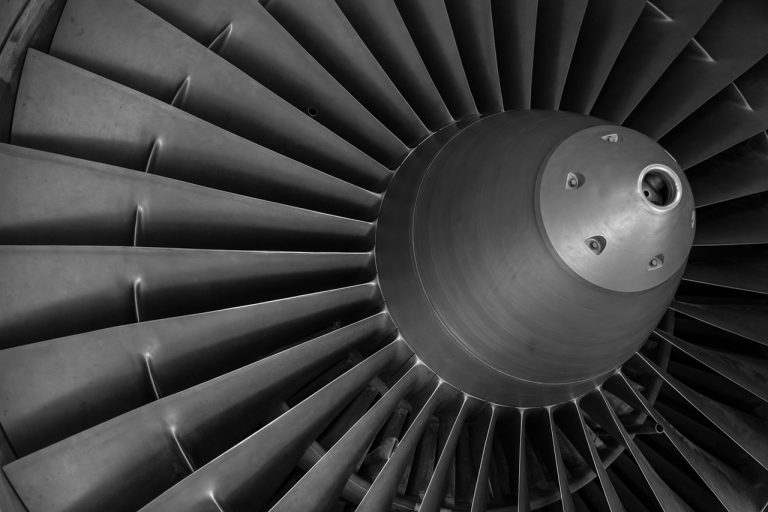How Does a Rubber Gasket Work?
In mechanical systems, gaskets act as seals between two surfaces to prevent leakage. While a gasket is typically used to create a seal between stationary surfaces like pipe flanges, it can also protect the moving parts of a mechanical system from rubbing against each other and producing friction.
We are one of the leading suppliers and manufacturers of gaskets in the UK and Europe at large.
Are you fascinated by gaskets, and want to have a better idea of how they function? Well, this article brings you the ultimate guide to gaskets and how they work.
Table of Contents
Why you may need a gasket
Achieving a completely smooth face on metalwork can be very difficult. A gasket will help you create a perfect seal between metal surfaces to prevent the exchange of fluids between machine parts. Gaskets are applicable in different manufacturing processes.
In the absence of gaskets, erosion and corrosion may occur in metal joints, and eventually, cause them to fail. Gaskets are available in several specifications, and their materials are chosen based on factors such as:
- Resistance to temperature
- Pressure
- Chemicals
- Electromagnetic or electrical forces.

Popular examples of machines that use gaskets include cars, airplanes, boats, trains, electric equipment, and other mechanical devices.
What are rubber gaskets?
Essentially, rubber gaskets are mechanical seals that prevent leaks between surfaces.
Gaskets fill spaces between mating faces to avoid leaks and take up the irregularities of the surfaces.
As flexible components, rubber gaskets are very versatile, and are useful for different applications such as:
- Anti-vibration
- Noise reduction
- Sealing
- Supporting mounts
Related articles
How does a rubber gasket work?

A rubber gasket is an essential component that effectively seals against the flow of liquids and gases. They are necessary if you want to connect two surfaces that have some irregularities. One striking feature of a gasket is that it is flexible (manipulable) such that it can warp into tight spaces and make a perfect seal.
The various properties of rubber gaskets make them suitable for a wide range of industries including food processing, oil and gas, and water supply among other areas. Each type of gasket has a special property depending on its material. It means that in buying gaskets, you will have to look out for characteristic features that you can take advantage of.
For a gasket to work effectively and seal leaks tightly, it should be compressed adequately to create a pressure-tight barrier. This way, it can protect the content inside the seal. An elastomeric gasket acts as a system that seals against the release or inlet of fluids (gases and liquids).
Gaskets are ideal options for filling deformities and joining surfaces together. Because they are designed to occupy spaces between surfaces, many gaskets are created from materials that can be deformed.
What other types of gaskets are there, other than rubber?
There are many other types of materials that are used for gaskets.
Sponge or foam gaskets are used for very low-pressure sealing applications.
Rubber bonded cork gaskets are commonly used in the automotive industry, in controlled swell environments.
Semi metallic gaskets include spiral wound gaskets and clad, which are a mixture of metal and soft filler material like flexible graphite.
Metal gaskets are usually compressed at high stress to get a good seal. These include ring type joints, (RTJ’s) which are generally used on high pressure pipelines.
Asbestos free materials were developed to replace the now banned asbestos gaskets which were commonly used in high temperature sealing applications up to the mid 1990’s. This material is a combination of organic or inorganic fibres blended with rubber, meaning it has a higher temperature resistance than most rubbers but still has the flexibility to make a seal.
Sealants may also be applied on gaskets in some cases to ensure the seal is leak-free.
Other materials that we use to make gaskets from include PTFE, graphite, plastic, felt, and impregnated paper.
As a reputable manufacturing brand that has been making gaskets for more than five decades, we offer conforming gaskets for food, pharmaceutical (FDA and EC1935:2004 compliant) water suppliers, (WRAS and KTW approved), along with oil and gas and chemical industries, among others.
All manufactured and supplied in accordance with ISO9001:2015.
